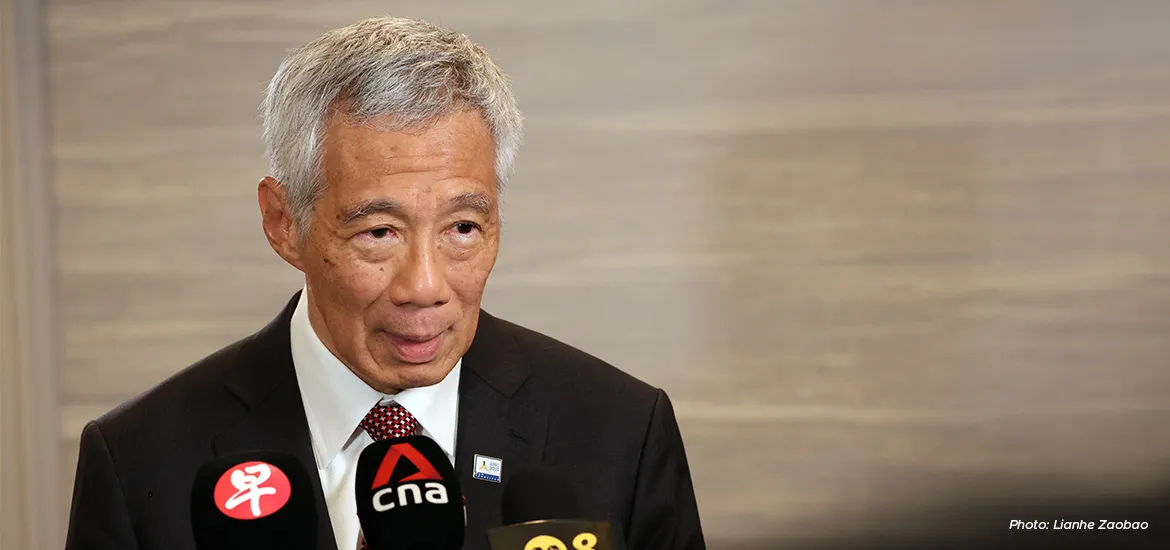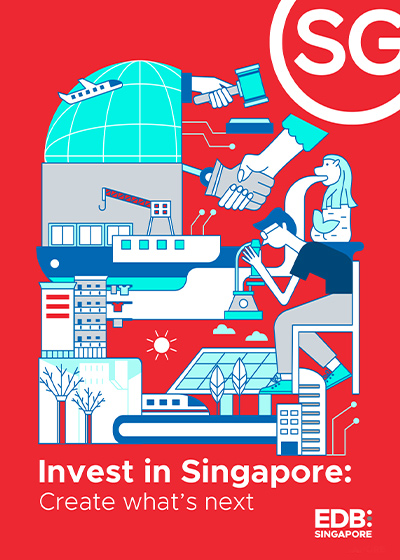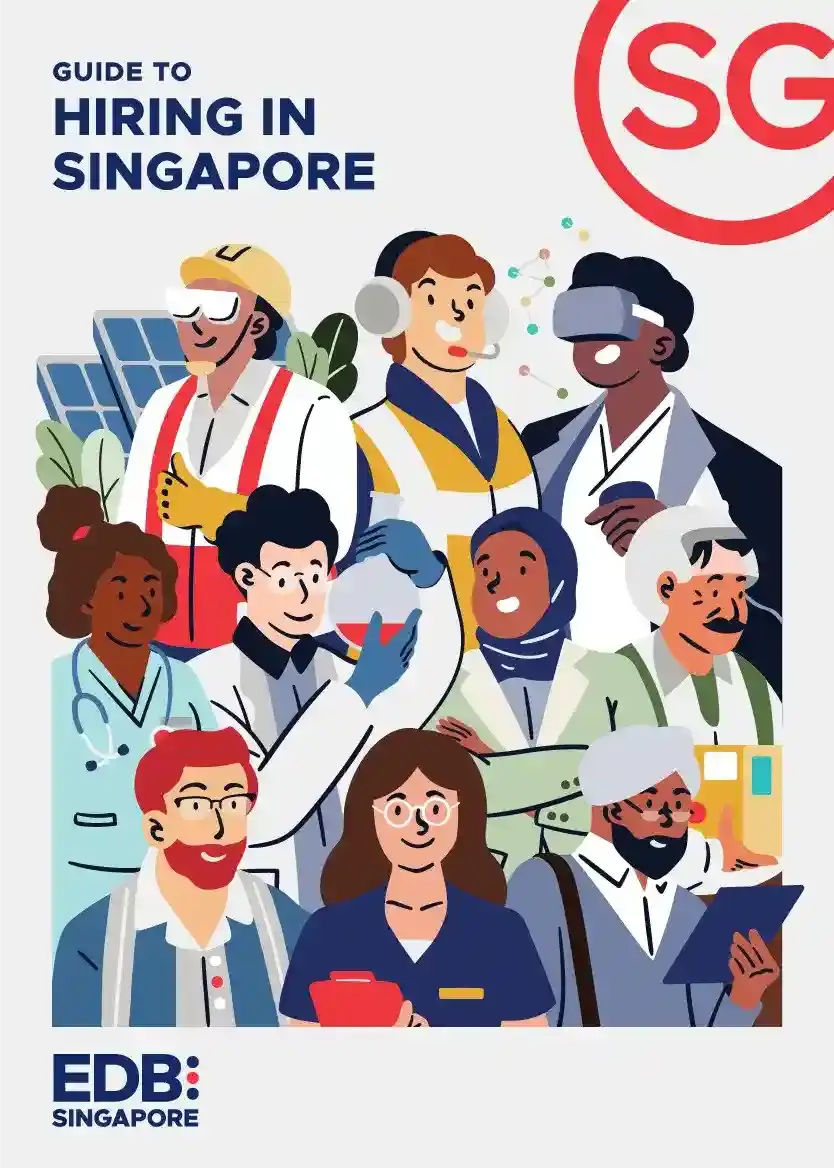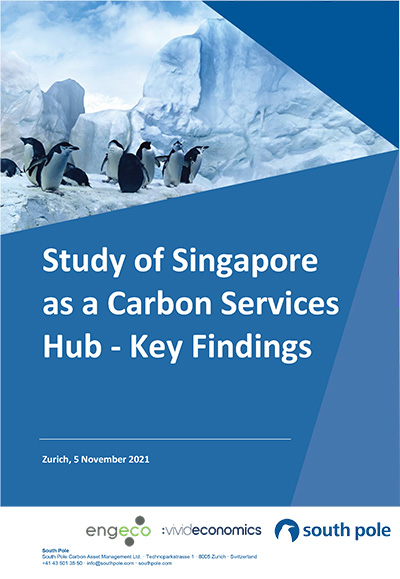APEC members also backed moves to reform the World Trade Organisation, including reviving its hobbled dispute settlement system. Support for ending the bloody Gaza conflict and Ukraine war did not figure in the final joint communique.
“Even in a complicated world, there are opportunities,” PM Lee said.
“We are not the last in queue to reach those opportunities. In fact, we are quite high up the list, and we should get further up.”
Prospects remain challenging for global growth, but there are upsides for Singapore, he said.
“The markets are there; the opportunities are there. We have to seize them, and we have to be able to export, to get people to notice Singapore and want to come to Singapore.
“I think that is happening,” he added, pointing to the launch of Enterprise Singapore’s San Francisco Overseas Centre on November 14, its third in the United States.
The government agency, which supports Singaporean firms’ overseas ambitions, has seen a 23 per cent increase in companies exploring or entering the US market over the last five years.
Nearly 200 Singapore companies now operate in the US, in areas spanning from healthcare to fintech to manufacturing and retail. Larger ones, such as ST Engineering and Singtel, have set up corporate venture capital arms in the US to invest in startups.
PM Lee said it is particularly encouraging that there are Singaporeans – including young men and women – in the US running their own startups and enterprises.
“Some of them, they started their company here, and went back to Singapore and started a branch, and they are recruiting in Singapore and bringing the people here to work.
“So that is one way to do it – to go out to the world and do business where the world is.”
The other way is to bring the companies into Singapore, he added, by ensuring that the nation makes it possible for them to do things in Singapore that they cannot do elsewhere.
Recalling a business roundtable he held with American companies, PM Lee said he had met businessmen who had up to 10,000 employees in Singapore.
“Around the world, their business goes up, goes down, but in Singapore, they are stable, and they are growing and recruiting some more.”









